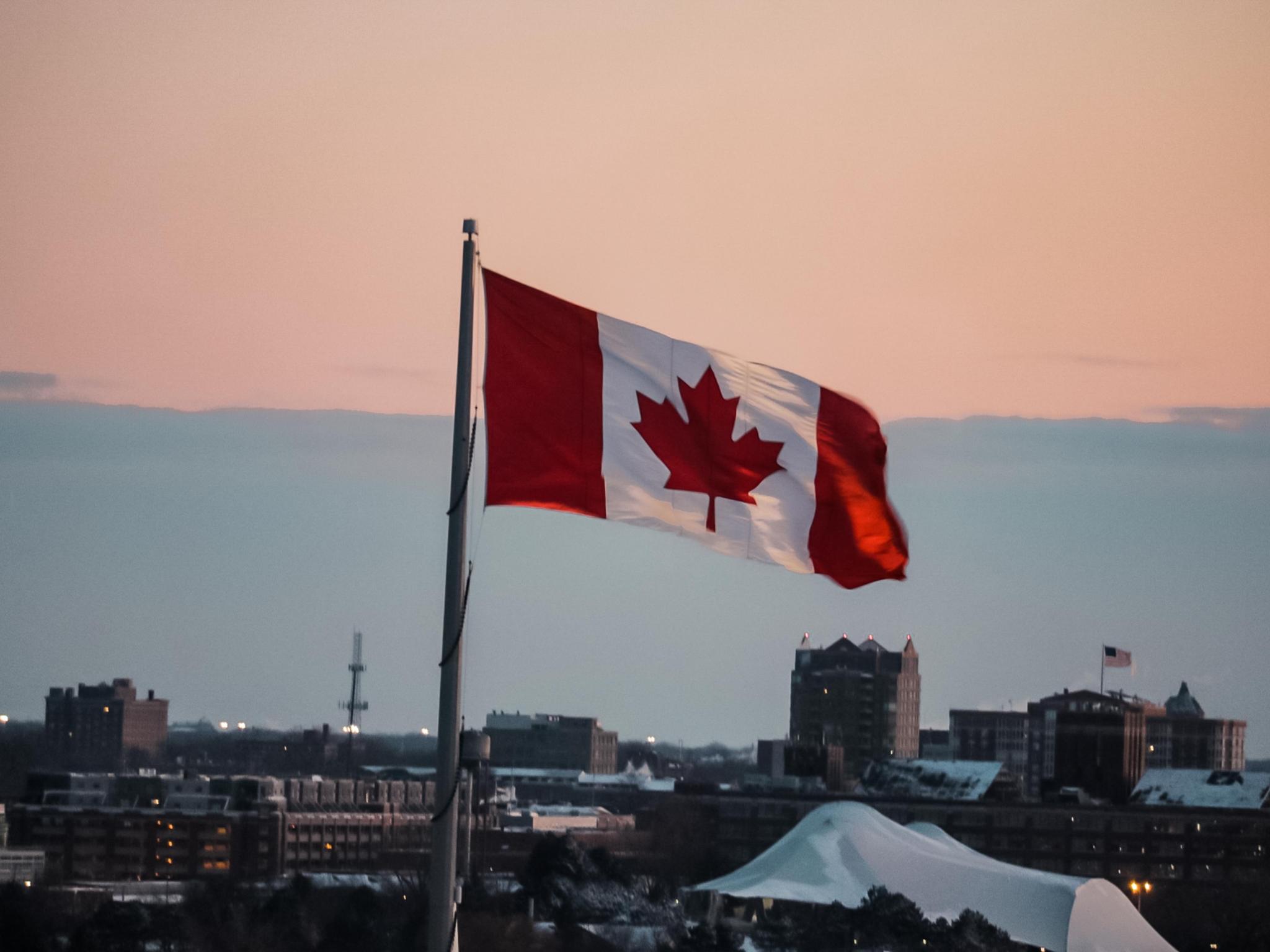
A judicial review request was submitted to the federal court by more than 100 doctors, psychologists, clinical counselors, social workers and nurses across Canada challenging the country’s health minister’s decision to reject the professionals' application to use restricted psychoactive drugs for training in psilocybin-assisted therapy.
The treatment in question includes ingesting consciousness-altering substances like magic mushrooms (psilocybin) in a clinical setting, accompanied by traditional psychotherapy.
The federal government had hinted earlier this year that it would refuse the applications, said Nicholas Pope, the lawyer representing the advocacy group that operates the training program and healthcare practitioners, reported the CBC.
According to Pope, the only reason cited then was that the professionals could access an existing clinical trial. In June, with the application’s official refusal, Ottawa suggested they could run their own trial. The group replied that existing trials are costly and don't work for many of the professionals petitioning because of timing and location.
"Many patients on waiting lists have suicidal ideation because of their depression and many of them have end-of-life distress, have terminal cancer and could die soon," said Pope, adding that the situation would not work for a variety of reasons.
A major one is that existing trials are costly, and they don't work for many of the professionals he's representing because of timing and location.
"You can't just throw together the clinical trial in a few days," Pope said.
"Many patients on waiting lists have suicidal ideation because of their depression and many of them have end-of-life distress, have terminal cancer and could die soon."
Pope said some professionals also don't want to participate in existing trials because they are meant for research of psilocybin.
"That can interfere with training because the primary goal of a clinical trial is not the training, it's gathering information. And there's no uncertainty in the expert community about safety of psilocybin in healthy adults."
In 2020, Health Canada began granting exemptions under the Controlled Drugs and Substances Act to provide psychedelics treatment to patients suffering from end-of-life psychological distress, treatment-resistant depression and major depressive disorder.
The number of documents annually presented to court shows hundreds of Canadians asking about the therapy, yet according to Pope, there are not enough professionals in the country to provide it.
One of the patients waiting for the treatment’s approval said: "If I were to do too much or have a bad trip, sometimes there's no coming back from that. If I'm going to do it, I want to regulate it and I want it monitored just for safety's sake."
The case is also fighting for the government’s acknowledgment of patients' rights to life, liberty and security. In reply, Health Canada’s media relations officer said they are deeply concerned about the burden of mental illness on Canadians and aware that psilocybin is being studied worldwide for its potential to treat several conditions including anxiety, depression, PTSD and substance use disorders.
Health Canada's media relations officer, Marie-Pier Burelle further clarified: "Each request for an exemption... is reviewed on a case-by-case basis, taking into account all relevant considerations, including evidence of potential benefits and risks or harms to Canadians."
Photo by sebastiaan stam on Unsplash







